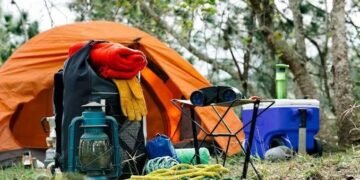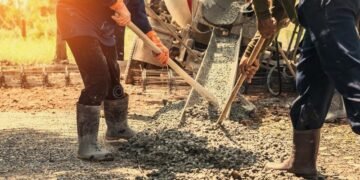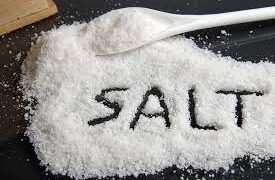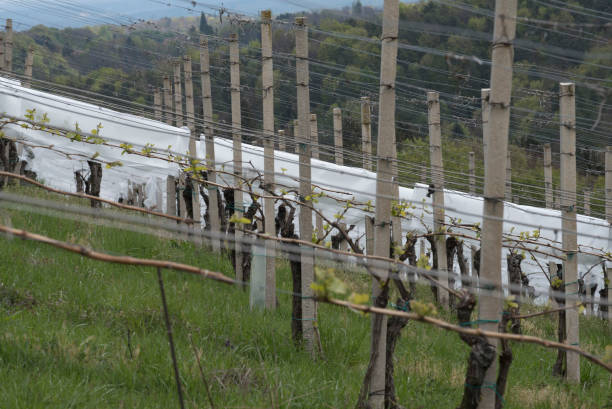It is quite a task for the agricultural sector to keep pace with the changing climate and meet the many sustainability requirements that are set. We think that it is not the responsibility of the farmers alone, but the entire chain. That’s why we are going to help: we reward farmers who are committed to making their businesses more sustainable.
A lot of talks
There is a lot of talk about making the agricultural sector more sustainable. Farmers have to do this, farmers have to do this. Farmers like to be talked to rather than about them. Many sometimes drastic proposals to make the sector more sustainable do not make it any easier for farmers.
Sustainability together
We all think it is important that the agricultural sector becomes more environmentally friendly. At asr, we don’t think it’s fair to leave the higher costs of environmentally friendly agriculture and livestock raising alone for the farmers. We believe that all parties in the chain are jointly responsible for this transition. So not just the farmers. And we are one of those parties. We have been investing in insurance premiums in rural areas for more than 125 years, making us the largest private owner of agricultural land in the Netherlands. More than 2,000 farmers live and work on our land. That’s why we want to do our part.
Discount on the rent
We have been taking steps together with farmers for some time to make the agricultural sector more sustainable by improving soil health and promoting biodiversity. With the 3rd b, from the company, we want to accelerate the sustainability transition even more. We see that sustainability details a lot of costs for farmers. That is why we are going to reward farmers who are committed to making their farms more environmentally friendly. Farmers who use our agricultural land can receive a discount of 5 to 10% on the rent they pay when they manage their land sustainably. In this way, we help the sector one step further. asr does it.
What can you do?
As a consumer, you can also contribute. For example, by choosing organic or regional products more often. These products are produced close to where you live. This way you support local farmers and growers and you are assured of tasty fresh products that require less transport. Moreover, farmers receive a fair price for their products. You also indirectly support the farmers with asr insurance. how? Our insurance premiums are invested in, among other things, Dutch agricultural land. Use your common sense and switch.
In the future, solutions will increasingly be sought in integrated solutions, in which connections are made with other social themes, such as the energy transition, nature development, and recreation. The knowledge, experience, and visions of entrepreneurs in agriculture are of great value in this regard. Farmers collectively own more than half of the Dutch land area and are therefore of great importance for the climate adaptation of the entire country.
An example is the collection of peak discharge from streams and waterways.
Farmers can make land available as a temporary retention area and take measures to ensure that rainwater is retained longer in the soil (by improving the soil structure) or in smaller streams (by allowing them to meander again). As a result, peak discharges can be largely captured before they reach urban areas. Such measures often serve multiple goals (cleaner water, circular energy, and energy transition). Exploring the area assignments together with others and looking for linkage opportunities often means more can be done with less.
Another example is climate adaptation for nature. Vulnerable species must be allowed to migrate northwards, and will in any case benefit from larger habitat areas. Farmers can achieve this by creating habitat areas themselves (for example, for meadow birds, small rodents, and insects) or by constructing corridors and stepping stones that connect habitat areas of larger species.







































































